CBD, THC and hemp products and pregnancy - 2023 study
min. reading
The widespread availability of hemp products should not go hand in hand with their widespread use by different audiences. As with some herbs, hemp products should not be consumed under certain circumstances. Is pregnancy and lactation one of them? How do the cannabinoids available in the plant (CBD and THC) affect the developing fetus in a woman’s womb? For more information, see the rest of this article.
Hemp is a plant that contains various types of compounds that influence the biochemistry of the human body. One group of such substances are cannabinoids – abundantly available in hemp inflorescences. They are the same as naturally occurring endocannabinoids in the human body and work in a similar way. They do so via CB1 and CB2 receptors that are part of the endocannabinoid system (ECS), which plays a key role in various vital processes. Among other things, it regulates immune function, nervous system function and hormone levels, thereby affecting mood, body thermics or reproduction. ECS is involved in fertilization, cell transport in the fallopian tubes, implantation, embryo development, and immune regulation during pregnancy. As we know, the proper functioning of the endocannabinoid system is influenced by many elements, including the production of endocannabinoids, which affect our fertility. It turns out that phytocannabinoids – compounds extracted from the cannabis plant – can interfere with certain biochemical processes, even though they have an identical structure to the cannabinoids produced by our body. One case in which this can occur is pregnancy.
Table of Contents
What do we know about the effects of THC marijuana use during pregnancy or breastfeeding?
According to research, exogenous cannabinoids such as Δ9 THC have the ability to cross the fetal-placental barrier in humans and other mammals. This means that these compounds can directly affect the fetus through its just-developing endocannabinoid system. They affect the fetus through G-protein-coupled cannabinoid receptors, CB1 and CB2. Meta-analyses of studies on women who voluntarily consumed cannabis during pregnancy and studies in an animal model have revealed several disturbing effects. It turns out that the substance affects fetal development, as well as the functioning of various systems in an already born child.
Negative effects of THC on fetal growth and development
Prenatal exposure to cannabinoids has negative effects on fetal growth and normal development. Regular cannabis use throughout pregnancy was associated with a significant decrease in the baby’s birth weight. A large cohort study also observed an association between THC consumption during pregnancy and reduced fetal growth and reduced head circumference of the newborn. In contrast, occasional consumption did not increase the risk of perinatal mortality, but regular THC consumption during pregnancy may increase the risk of premature birth.
Fetal nervous system disorders due to maternal cannabis smoking
A growing body of evidence shows that exposure to cannabis (THC) during pregnancy can disrupt the normal development of the nervous system in the fetus. By acting on CB1 receptors in the brain, THC regulates the nervous system. In an adult, this effect can be beneficial in some diseases, such as neurodegenerative diseases. However, in a developing organism, phytocannabinoids can interfere with many processes and development itself. Studies suggest a link between THC exposure during pregnancy and neurological disorders, hyperactivity, impaired cognitive, behavioral, memory and learning functions.
Immune impairment in fetuses of mothers who smoke marijuana
In addition to significant neurological effects, cannabinoids can also alter immune function. Cannabis consumption during pregnancy has been linked to immunomodulation in the born child, which manifests itself through altered levels of cytokines and immune cells. This can lead to dysregulation of the innate and adaptive immune system in the developing fetus and offspring. The consequence of which can be a weakened immune defense against infections and cancers in later life.
Increased cancer risk in children whose mothers consumed THC
In a mouse study, exposure of pregnant rodents to a synthetic cannabinoid caused changes in immune system development and long-term changes in the functional state of the hypothalamic-pituitary-adrenal axis in fetuses. In addition, a cohort study noted a higher prevalence of mutant lymphocytes in cannabis-smoking mothers and their newborns. Such somatic mutations represent a potentially increased risk of developing malignancies in the future. Observation of a group of 204 pregnant women from a control group and a year before pregnancy showed as much as an 11-fold increased risk of childhood acute leukemia in the offspring.
Smoking marijuana while nursing and abnormal brain development in the baby
For nursing mothers, it has been proven that THC consumed by a woman penetrates the breastmilk and can remain there for up to six days. Exposure of a newborn to tetrahydrocannabinol can negatively affect brain and immune system development. In addition, marijuana smoke contains many carcinogens and irritating compounds that will be harmful to the baby. Consumption of marijuana during pregnancy and lactation should be approached with caution, and its administration should be consulted with a health care provider if necessary.
What do we know about the effects of using CBD while pregnant or breastfeeding?
The exact effects of cannabidiol on the development of the fetus and the health of the child are not fully studied. Only animal studies have been conducted on this issue. Targeted tests on pregnant women taking CBD during pregnancy have not been conducted because it is unethical. In the U.S., where hemp is very popular, products containing cannabis, as well as CBD, are widely available and taken for a variety of ailments. Various audiences, including pregnant women, have been using CBD oil during pregnancy on their own for several years for nausea or pain. Observation of these groups is still not enough to determine whether this is safe. The exact effects of taking CBD in pregnancy in this way need to be tested, especially since studies on animal models have shown disturbing changes.
In one such study, researchers at the University of Minnesota administered large amounts of CBD to rodents during pregnancy and lactation. They found that the substance affected fetal development in mammals, particularly the nervous system. Offspring exposed to cannabidiol prenatally later showed visible changes in behavior. Researchers found that CBD use during pregnancy could affect mood and cognitive function in offspring long after exposure ceased. This was one of the first studies to examine the effects of CBD intake during pregnancy on adult mammalian offspring. Interestingly, the effects varied by gender. One observation was increased anxiety and altered memory performance in adult females, while these were not observed in males. In addition, DNA methylation changes were noted in hundreds of brain cell genes of adult female offspring. Affected genes involved in the formation of new neurons and synapses, communication between neurons have been linked to diseases such as autism spectrum disorders, epilepsy and addiction-related disorders. Interestingly – the effects of administering CBD to rodents during pregnancy persisted in their offspring, even though they had no direct exposure to the substance in adulthood.
Another older 1986 study found that exposure to CBD during fetal life or the day after birth affected sperm count and testicular function in male rats. The researchers also suggested that administration of cannabidiol during pregnancy may impair the development of the immune system and possibly weaken the body’s ability to defend itself against cancer and infections. It is worth remembering that these results do not necessarily imply the same effect of CBD on humans. However, it’s a good idea to exercise extreme caution. Especially since most cannabidiol products are poorly tested, manufacturers are not required to check them for contamination with molds, bacteria or heavy metals. For pregnant and nursing women who use CBD, there is a risk of ingesting contaminated extracts. It’s a good idea to consult a pregnancy doctor before planning to take CBD, and when the doctor decides to administer cannabidiol, go for high-quality, certified products.
In Poland, have hemp products been recognized by the government as safe during pregnancy or breastfeeding?
As an EU member state, Poland is obliged to ratify EU regulations, including those on hemp. The official position of the European Food Safety Authority (EFSA) on CBD is that consumption of products containing cannabidiol is recommended for adults only. EFSA recommends that CBD be avoided by pregnant and lactating women, and not given to children. This was highlighted in the latest official statement on the safety of cannabidiol as a novel food on April 26, 2022, issued at the request of the European Commission. The U.S. Food and Drug Administration (FDA) also has a similar stance, advising against the use of CBD oils during pregnancy on the grounds that they have not been proven safe for fetal health. Although hemp products are widely available over-the-counter, it is not recommended that pregnant and nursing women take CBD oils. Always consult your doctor or pharmacist if you intend to take such a product.
Abstract CBD, THC and hemp products and pregnancy – 2023 study
Cannabinoids have the ability to penetrate the placenta-fetus barrier, studies have shown. They can therefore affect fetal development and pregnancy. These studies, conducted on pregnant women who voluntarily consumed marijuana during pregnancy, have shown that CBD and THC affect the fetal development of the baby and many of its systems and organs. These studies are not sufficient to determine whether it is safe to consume CBD during pregnancy.
Studies conducted on rodents who were administered cannabinoids during pregnancy found that changes in mood, memory performance development were noted in such babies after birth. The effects persisted in the offspring of rodents given cannabinoids.
EFSA advises against the use of CBD oils for pregnant women, as does the US FDA. Reaching for CBD oil supplementation before pregnant women should be preceded by a visit to a doctor and a consultation. If a doctor authorizes the use of CBD oils by a pregnant woman, it should be done with care, reaching for high-quality, safe products.
Sources
Wang X, Dow-Edwards D, Anderson V, et al. (2004) In utero marijuana exposure associated with abnormal amygdala dopamine D2 gene expression in the human fetus. Biol Psychiatry 56:909–915. 10.1016/j.biopsych.2004.10.015
Jutras-Aswad D, DiNieri JA, Harkany T, Hurd YL (2009) Neurobiological consequences of maternal cannabis on human fetal development and its neuropsychiatric outcome. Eur Arch Psychiatry Clin Neurosci 259:395–412. 10.1007/s00406-009-0027-z
Metz TD, Allshouse AA, Hogue CJ, et al. (2017) Maternal marijuana use, adverse pregnancy outcomes, and neonatal morbidity. Am J Obstet Gynecol 217:478.e1–478.e8. 10.1016/j.ajog.2017.05.050
https://pubmed.ncbi.nlm.nih.gov/30374520/
https://pubmed.ncbi.nlm.nih.gov/3026968/
https://clinicalepigeneticsjournal.biomedcentral.com/articles/10.1186/s13148-020-00993-4
https://www.efsa.europa.eu/sites/default/files/2022-06/efs2_7322.pdf







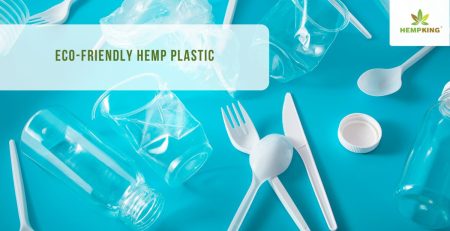




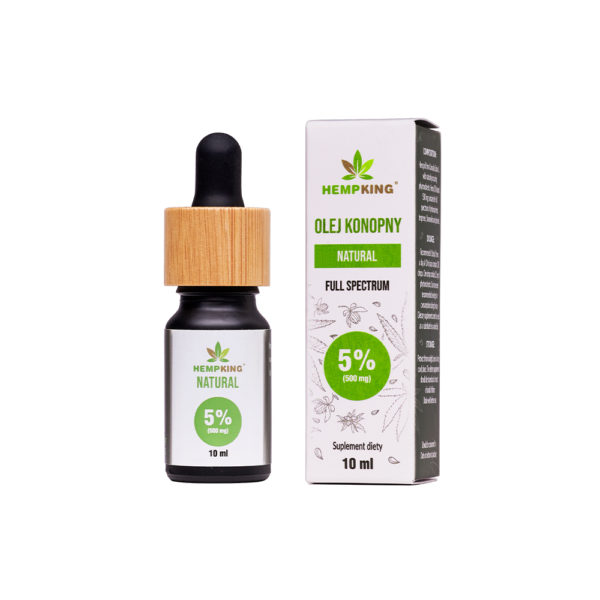
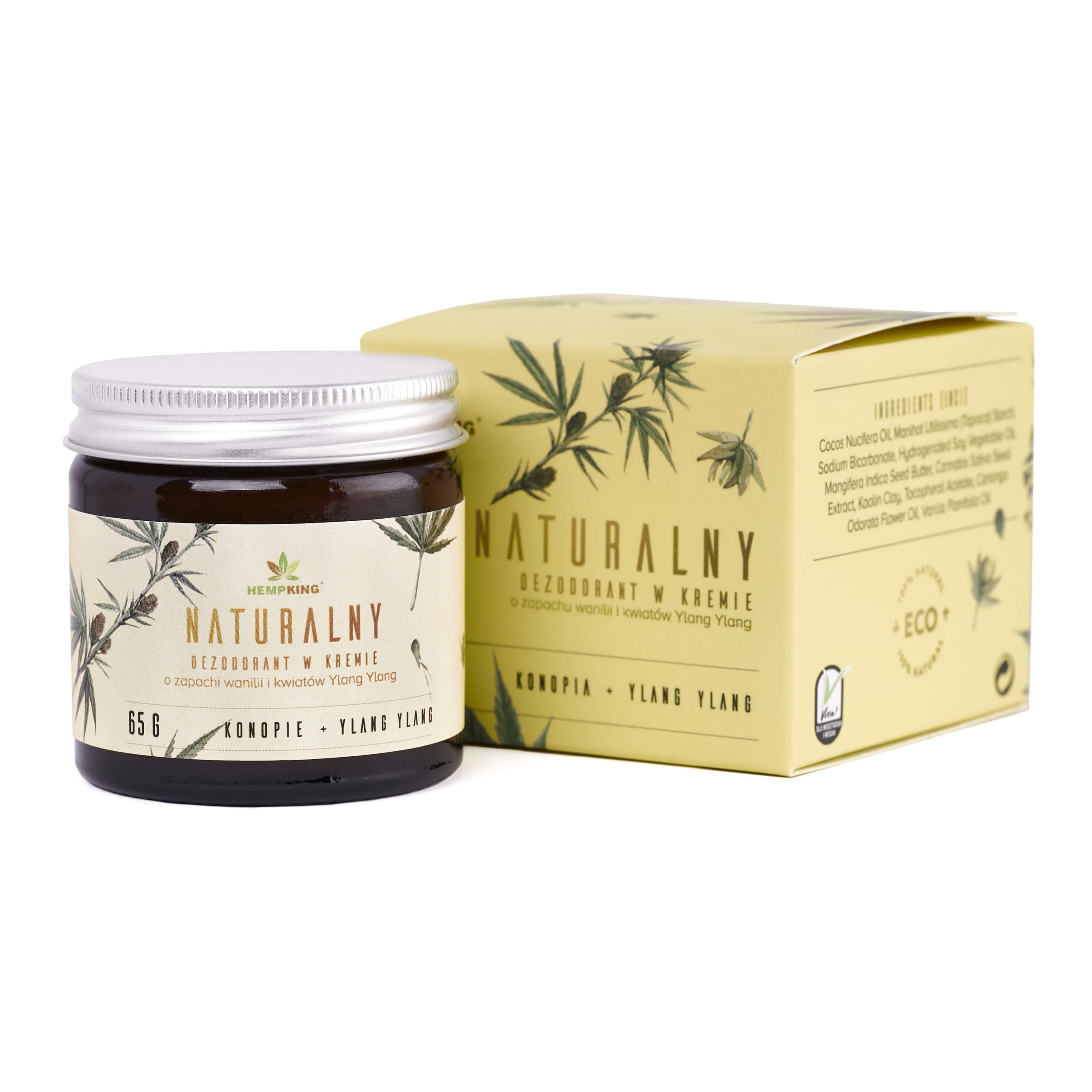
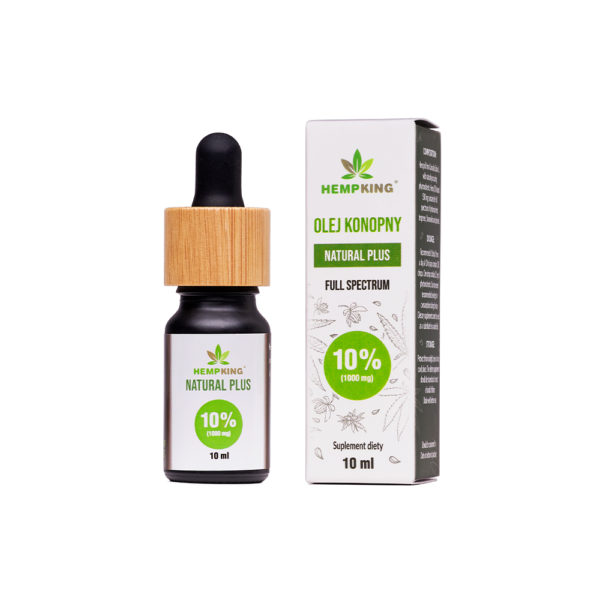
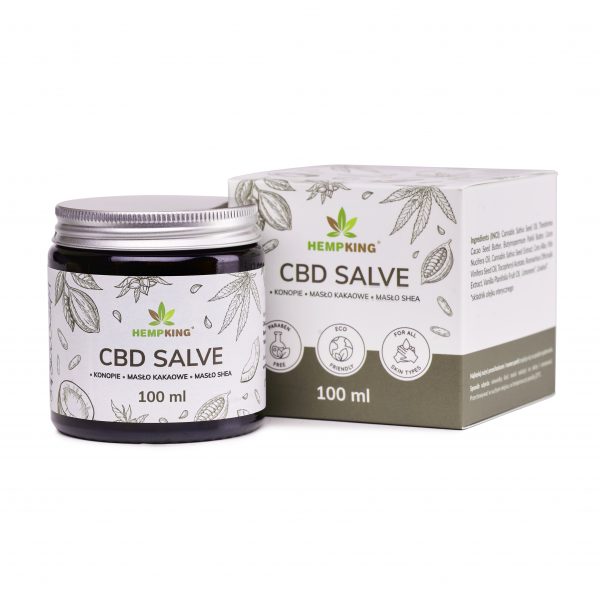
 Facebook
Facebook Instagram
Instagram

Leave a Reply